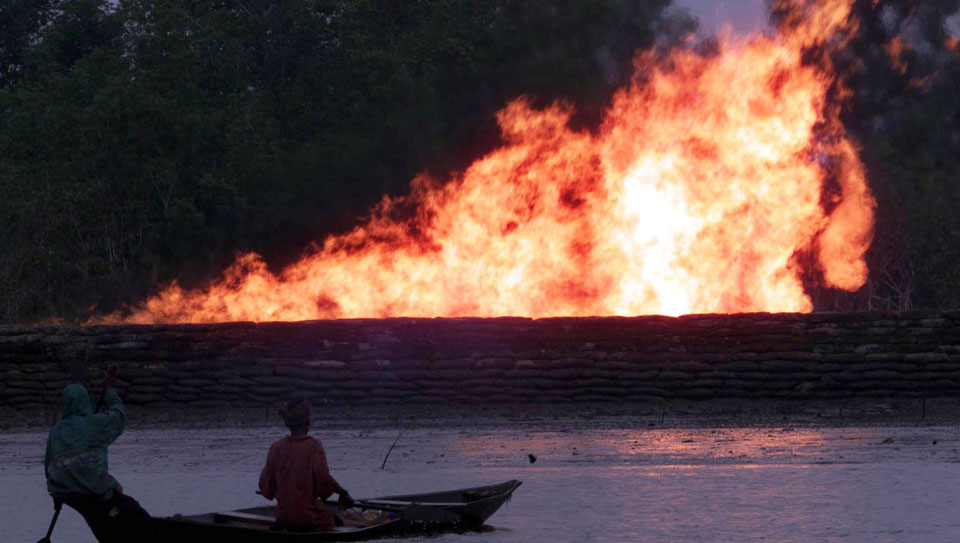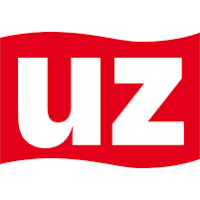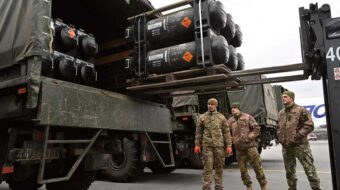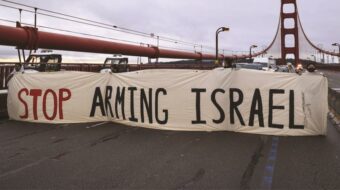
Criticism of the major European powers by African nations has flared up in recent weeks as the former have been scouring the continent for natural gas supplies since the start of the Ukraine war, breaking climate change promises. They are all concerned with escaping their dependence on Russian natural gas, which is considered necessary in order to be able to boycott and sanction Russia even more severely.
The backstory to the criticism is the unfulfilled resolutions that were passed at the Glasgow climate conference (COP26) last year. In particular, it is about the promise by a number of wealthy industrialized countries to stop financing projects for oil and gas production by 2023 at the latest—but only outside their own borders.
All G7 countries have now joined in the pledge. The announcement provoked resentment on the African continent at the time because it amounts to no longer promoting natural gas projects in Africa, even though these are considered a realistic means of improving energy supplies for populations there. To date, 600 million people in African countries do not have access to electricity.
A direct jump from fossil fuels to solar and wind energy is expensive and considered unrealistic for most developing nations on the African continent. The unaffordability problem is compounded by the fact that wealthy industrialized countries refuse to supply the necessary funds they previously promised. The sum of $100 billion U.S. dollars a year that was once pledged to assist developing countries transition to renewable energies has not been paid to this day.
So it is no wonder that, time and again in Africa, there is talk of “green colonialism” by the West.
As Europe desperately searches for substitutes for Russian gas, the money is once more flowing for production projects outside the EU—but only for the EU’s own consumption. Italy wants to obtain liquid gas from a production project in Congo-Brazzaville, which is currently being expanded. France, on the other hand, has taken a look at a funding project in northern Mozambique that the Total corporation stopped a year ago because of local uprisings. The EU took the riots in the natural gas area as an opportunity to start a military training mission in Mozambique.
Germany is also trying to get natural gas in Africa. During a visit to Senegal at the end of May, Chancellor Olaf Scholz announced that Berlin would support natural gas production in the country. According to one report, Senegal could then “contribute to replacing Russian gas.” Meanwhile, the G7 have officially approved their change of course from their COP26 pledge to funding gas production on the African continent.
The International Energy Agency (IEA) has also sparked resentment in Africa. Last year, the IEA declared that, in order to achieve global climate goals, it was urgently necessary to stop financing any projects to generate energy from fossil fuels. In June of this year, the agency, which is under strong U.S. influence, made a U-turn. It now claims that Africa will have to expand its gas production at a rapid pace in order to be able to deliver up to 30 billion cubic meters of gas per year to Europe by the end of the decade at the latest.
This is, again, aimed at ending the dependence of European countries on Russian natural gas. At the same time, the IEA pointed out that in a relatively short period of time it would be necessary to stop producing natural gas again, to become carbon neutral by mid-century as planned. It is therefore important to implement the funding projects on the African continent as quickly as possible. Otherwise, it is uncertain whether they can still be fully amortized.
A number of leading African politicians have since commented on the double standards of the European powers.
“We need long-term partnerships, not inconsistency and contradiction,” said Nigerian President Muhammadu Buhari. “They can’t just come and say, ‘We need your gas, I’ll buy your gas and we’ll bring it to Europe,’” Equatorial Guinean Energy Minister Gabriel Obiang Lima was quoted as saying.
Instrumentalizing Africa for short-term gas supplies is “paternalistic” and “hypocritical,” said Carlos Lopes, a former head of the UN Economic Commission for Africa. It is “absolutely outrageous to tell Africans not to examine the options before them, and at the same time, because of the Russo-Ukrainian war, to accelerate the demand for gas for Europe.”
Critics also point out that the natural gas that is now being delivered to Europe from African countries is not being used to improve energy supplies for the African population, which are urgently needed.
In the hunt for liquefied gas, European countries continue to buy supplies from poorer countries in South Asia. Two weeks ago, Pakistani Petroleum Minister Musadik Malik announced that his country was no longer able to buy much-needed liquefied gas on the spot market because “every single molecule that was available in our region” was being bought by the countries of Europe.
For some time now, due to the shortage of liquid gas, Pakistan’s power supply has had to be reduced and plants temporarily shut down. Now, at times, even a quarter of all power plants have been taken off the grid because there were not enough energy sources.
Bangladesh, on the other hand, has not been able to pay for the necessary additional purchases of liquid gas on the spot market since the beginning of the month due to the rapid rise in natural gas prices. The government says it will not be able to do so for at least two months. Electricity rationing, reduced working hours, and regular power outages are also the result there. An improvement in the situation, which is mainly caused by the sanctions and boycott policies of the Western powers, is not in sight.












Comments